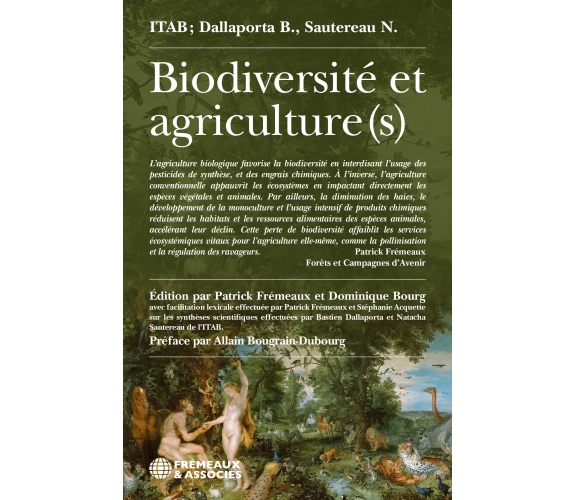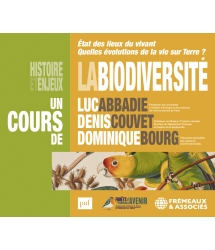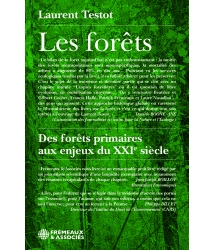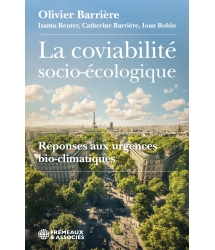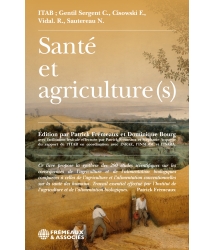Organic farming promotes biodiversity by banning the use of synthetic pesticides and chemical fertilizers. Conversely, conventional farming impoverishes ecosystems by directly impacting plant and animal species. Furthermore, the reduction of hedgerows, the development of monoculture and the intensive use of chemical products are reducing habitats and food resources for animal species, accelerating their decline. This loss of biodiversity weakens ecosystem services vital to agriculture itself, such as pollination and pest regulation.
Patrick FRÉMEAUX
After the book “Santé et agriculture(s)” presenting the report directed by Natacha Sautereau (ITAB) in collaboration with INRAE and INSERM, this book synthesizes 139 scientific studies on the main externalities of organic farming with regard to biodiversity, with reference to practices mainly implemented in conventional agriculture. Reported under the direction of Natacha Sautereau and written by agronomist Bastien Dallaporta, with proofreading support from biodiversity experts [Clélia Sirami, Christian Bockstaller, Lucile Muneret, Lionel Ranjard (INRAE) and Vincent Bretagnolle (CNRS)], it is enriched by a lexical footer of 120 terms. This work constitutes a reference on the whole of scientific knowledge concerning the interactions between agricultural activity and biodiversity. 200 pages book, in French.
200 pages.
Préface par Allain Bougrain-Dubourg
Édition par Patrick Frémeaux et Dominique Bourg avec facilitation lexicale effectuée par Patrick
FRÉMEAUX et Stéphanie Acquette sur les synthèses scientifiques effectuées par Bastien Dallaporta et Natacha Sautereau de l’ITAB : « Dallaporta B., Sautereau N., Quantification des externalités de l’agriculture biologique, Rapport Biodiversité » pour le compte du Ministère de la transition écologique et de la cohésion des territoires.











